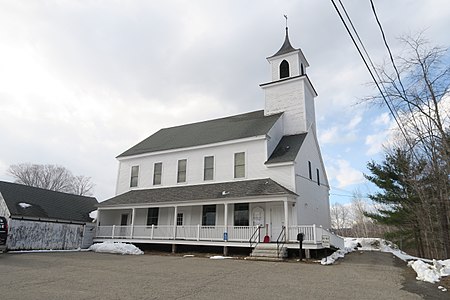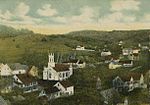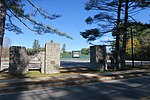Surry, New Hampshire
Surry, New HampshireTowns in Cheshire County, New HampshireTowns in New HampshireUse mdy dates from July 2023

Surry is a town in Cheshire County, New Hampshire, United States. The population was 820 at the 2020 census, up from 732 at the 2010 census.
Excerpt from the Wikipedia article Surry, New Hampshire (License: CC BY-SA 3.0, Authors, Images).Surry, New Hampshire
Village Road,
Geographical coordinates (GPS) Address Nearby Places Show on map
Geographical coordinates (GPS)
| Latitude | Longitude |
|---|---|
| N 43.017777777778 ° | E -72.321111111111 ° |
Address
Village Road 32
03431
New Hampshire, United States
Open on Google Maps








